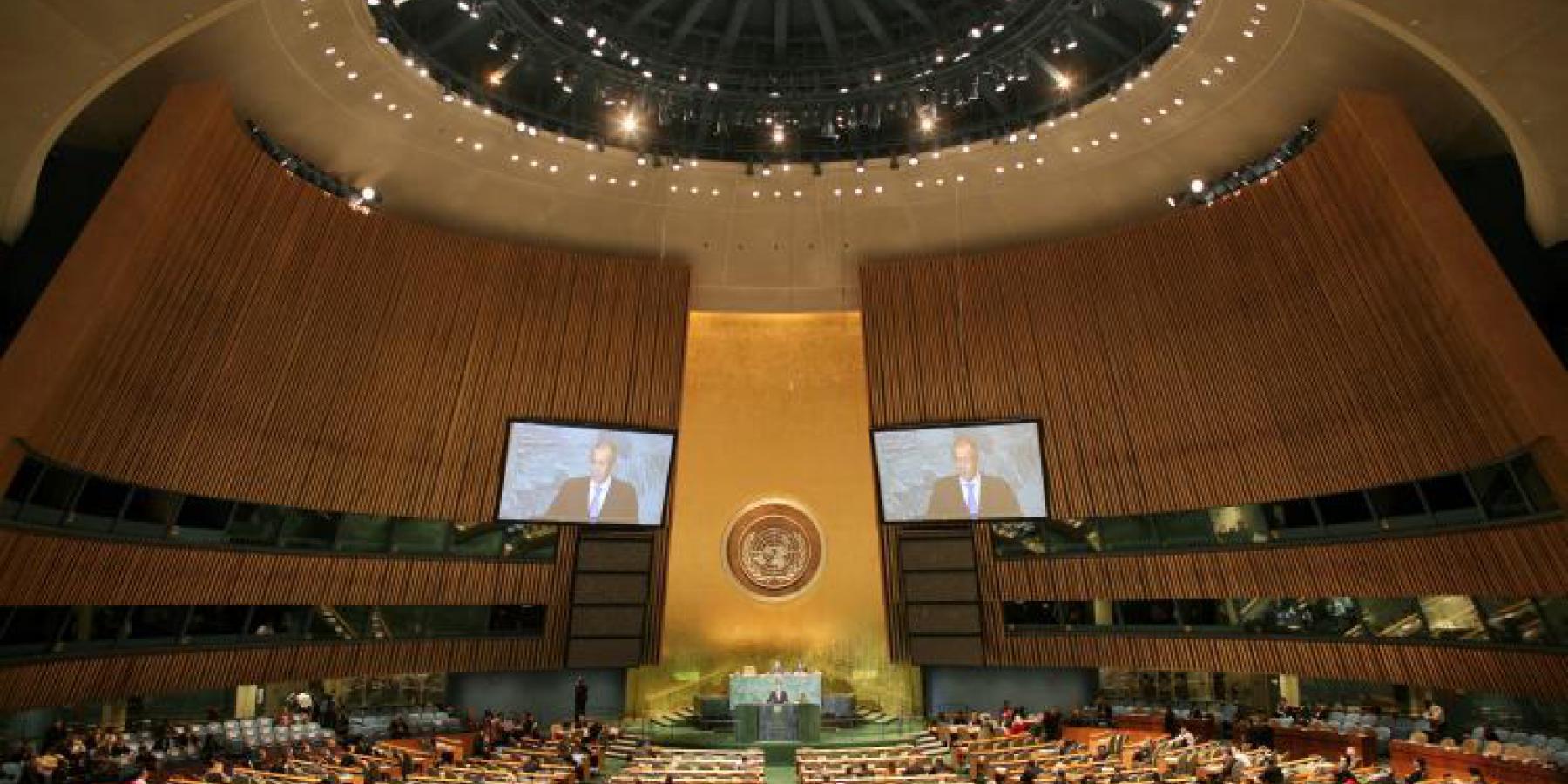UN High-Level Meeting puts NCDs on the map, falls short of setting goals or targets
20th September 2011

20th September 2011
Governments must use Summit momentum to agree ambitious targets to curb the epidemic; and are urged to start drafting costed national NCD plans immediately
Download the Final Political Declaration here and other UN languages here.
Full coverage and analysis on the High-Level Meeting here.
New York – World leaders unanimously adopted today the Political Declaration on Non-Communicable Diseases (NCDs), agreeing that “the global burden and threat of NCDs constitutes one of the major challenges for development in the twenty-first century, which undermines social and economic development throughout the world”.
Governments must now deliver on their commitments in addressing the rising threat of cancer, cardiovascular disease, chronic respiratory disease and diabetes. Until now, NCDs have not gained the attention of global policy-makers.
The NCD Alliance, a network of more than 2,000 non-governmental organizations in 170 countries, said NCDs must now be integrated into the Millennium Development Goals (MDGs), and into any successor framework after 2015 when the MDGs expire. Addressing the meeting as a representative of civil society, a supporter of the NCD Alliance, HRH Princess Dina Mired of Jordan called for ambitious but achievable targets. She said, “To do justice by our duty as the voice of all those who have suffered from NCDs, and to protect the lives of all those who will be affected by them in the coming years”.
“This meeting has made the world sit up and take notice of the huge global burden that NCDs are placing on all countries,” said NCD Alliance Chair Ann Keeling. “Countries now need to be urgently factoring NCDs into their longer term health planning alongside other pressing health challenges”. “The good news is we now have more political momentum – and we have cost-effective solutions for addressing both the risk factors, such as tobacco use and salt intake, and the diseases themselves. It’s vital that we continue to build on this momentum, to forge a new partnership between governments, the UN, NGOs and the private sector, to tackle the very preventable causes of this global epidemic”.
The NCD Alliance applauded language in the Declaration barring involvement of the tobacco industry and called for an ethical framework for this new partnership to address potential conflicts of interest of food, beverage and healthcare enterprises.
World Health Organization (WHO) Director-General, Dr Margaret Chan told the meeting that NCDs are “the diseases that break the bank”.
A new WHO study of the costs of scaling up a core intervention package to prevent and treat NCDs in low- and middle-income countries has shown that it will cost $11.4 billion a year for all of these countries. This is compared with the World Economic Forum’s estimated bill of nearly $500 billion a year between now and 2025 if a ‘business as usual’ approach is taken and disease rates continue to soar.
The NCD Alliance urged countries to use the WHO’s new data to cost out their own national NCD plans, pulling together existing plans they might have on the individual diseases and risk factors, and to establish a national coordinating agency, and a monitoring and evaluation framework for tracking progress on tackling NCDs.
Contact: For interviews, please contact Nisha Chhabra on +1 512-965-2827 (cell) or on +1 212-445-8115 (office), or at [email protected]
Notes to Editors:
• New reports on NCDs released www.ncdalliance.org/reports
• The NCD Alliance is a network of over 2,000 non-government organizations from over 170 countries focusing on NCDs